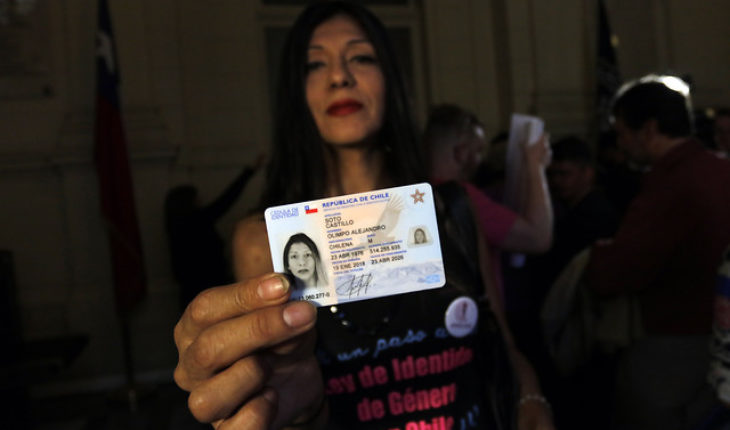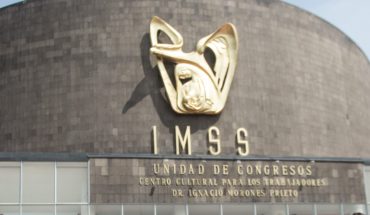“Fucking lyceum, all its surroundings and people in general collapsed me. I’m just ‘a culiao faggot’ as they’d say (…)”. One month marks since the 16-year-old trans man, José Matías de la Fuente Guevara, joined the long list of cases of violence and transphobic discrimination that end in suicide.
Indeed, according to the Annual Human Rights Report on Sexual and Gender Diversity, 56% of the Chilean trans population have attempted suicide; 48% between the ages of 11 and 15, and 27% between the ages of 16 and 18. Likewise, the T-Survey showed that 87% of trans people under the age of 18 attempt suicide at least once in their lives, with the questioning of their identity being the main reason.
Despite the alarming figures, the only law that “recognizes and protects the right to gender identity” is not yet in force, as the deadline for the Government to send the relevant regulations to the Gender Identity Act to the Comptroller’s Gender (LIG).
This was demonstrated by Fundación Iguales through a transparency requirement requested from Comptroller’s Shop.
The document showed that the process is stalled, as it “does not record the entry into the process of the two regulations in question that derive from Law No 21.120”.
“The government owes explanations to the trans community and also to the National Congress, for not meeting the deadlines that with a large majority were approved for the entry into force of this initiative,” said Iguales Juan Enrique Pi President.
It’s not just about laws
It is well known that the wave of violence against sexual diversity does not stop. In 2018 alone, a total of 698 cases of sexual orientation or gender identity were recorded. Acts from even the environments closest to the victims, such as the family, school, work environment, among others.
And although the LIG aims to “empower any person whose gender identity does not match their gender and registration name to request the rectification of these,” this measure does not appear to be sufficient for the population to know how to cope and develop effectively this right.
This explains this to El Mostrador, the lawyer and academic of the University of Valparaiso, Cecilia Valenzuela, who questions “whether this mechanism established by law is the most effective for the free development and formation of sexuality”.
“To understand the dissonance between this situation of vulnerability and the ‘progress’ observed at the legislative level, it must be recognized that, despite our Political Constitution, it states that ‘people are born free and equal in dignity and rights’, in the people are not the same and the treatments we receive are often not consistent with this mandate,” she says.
In this sense, discriminatory behaviors “are erected almost as reflex, intuitive behaviors, because in canonical terms, they are responses to certain ways of being and expressing the gender identity that for many constitute true affronts to the order of prevailing genre. This is a phenomenon that departs from the social norm, and until recently, from the legal one,” he adds.
In this way, the trans community challenges the basic structures of the gender order “by freely deploying their identity”.
Education to raise awareness
For Valenzuela, it is necessary to “build a new awareness of sexual and gender diversity, and the role that sexuality itself plays in the formation of identity.”
In this regard, the lawyer highlights two recommendations that the Inter-American Commission on Human Rights made in the report “Advances and Challenges towards the recognition of the rights of LGBTI people in the Americas”.
First, “the development and implementation of policies and programmes to promote respect for the rights of LGBTI people and their social acceptance, especially through education and general culture.”
And secondly, “the adoption of comprehensive awareness-raising and awareness-raising measures to eliminate stigmatization, stereotypes and discrimination against LGBTI people, or those perceived as such.”





